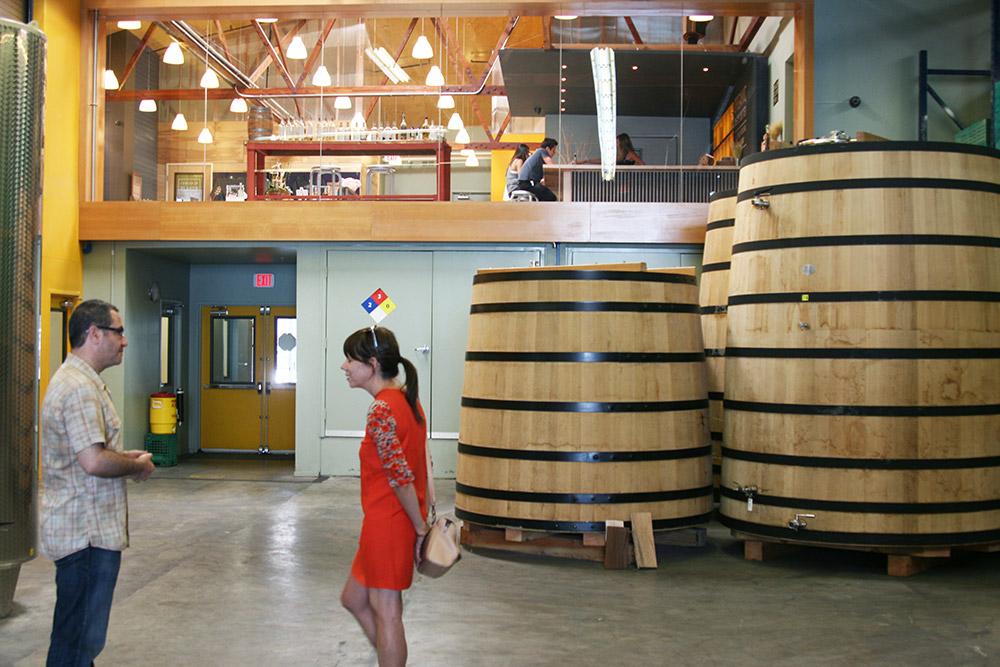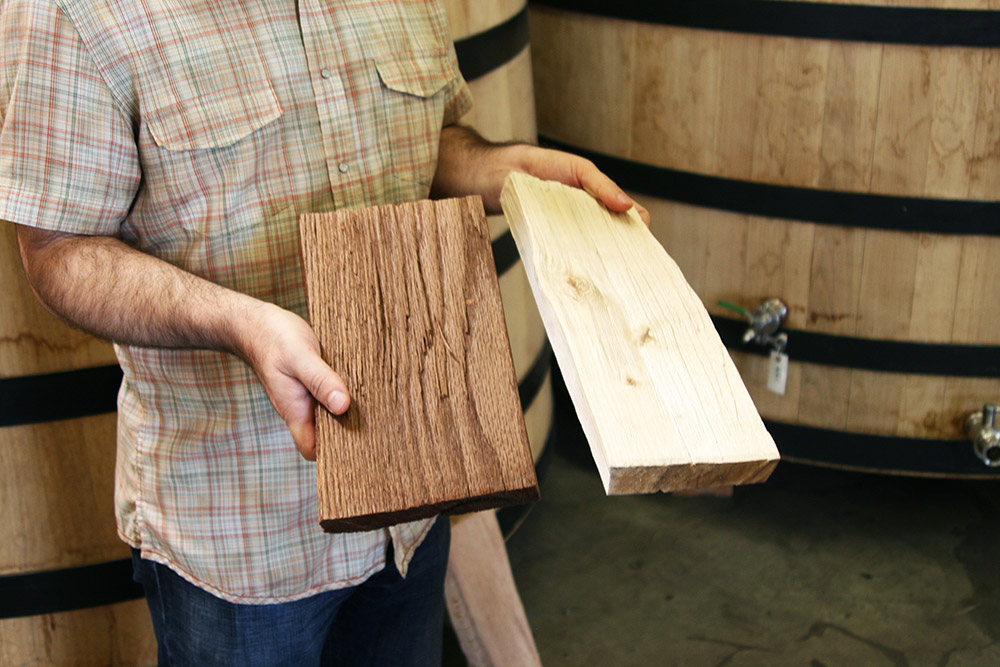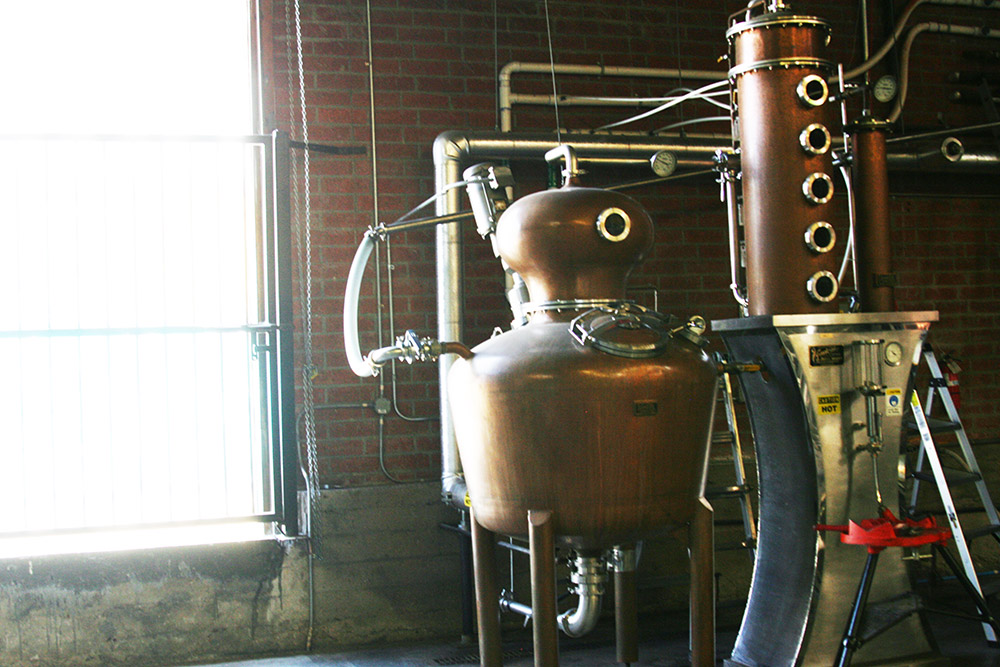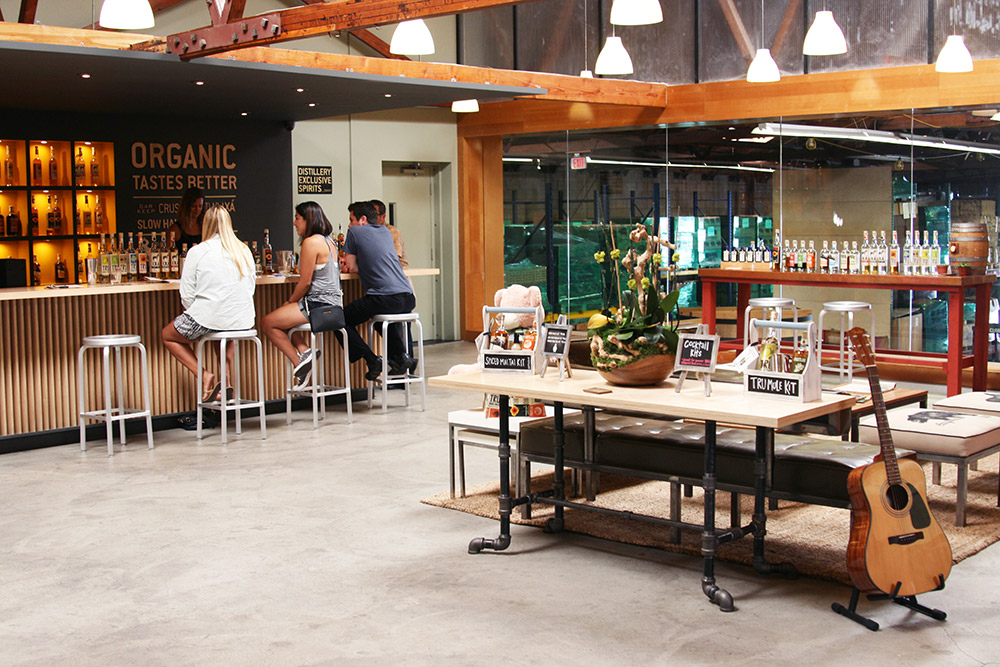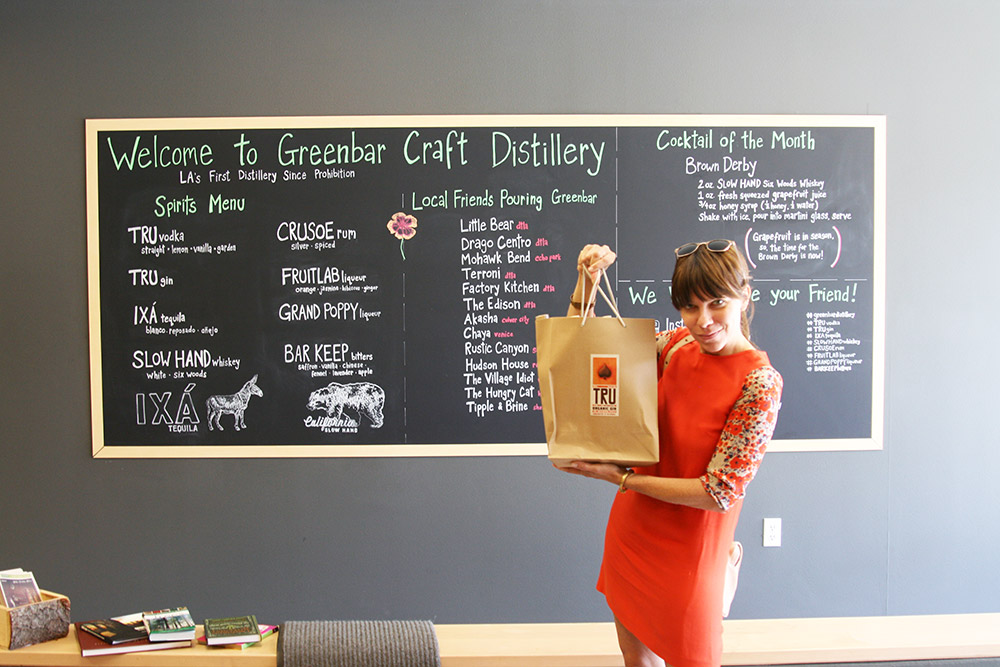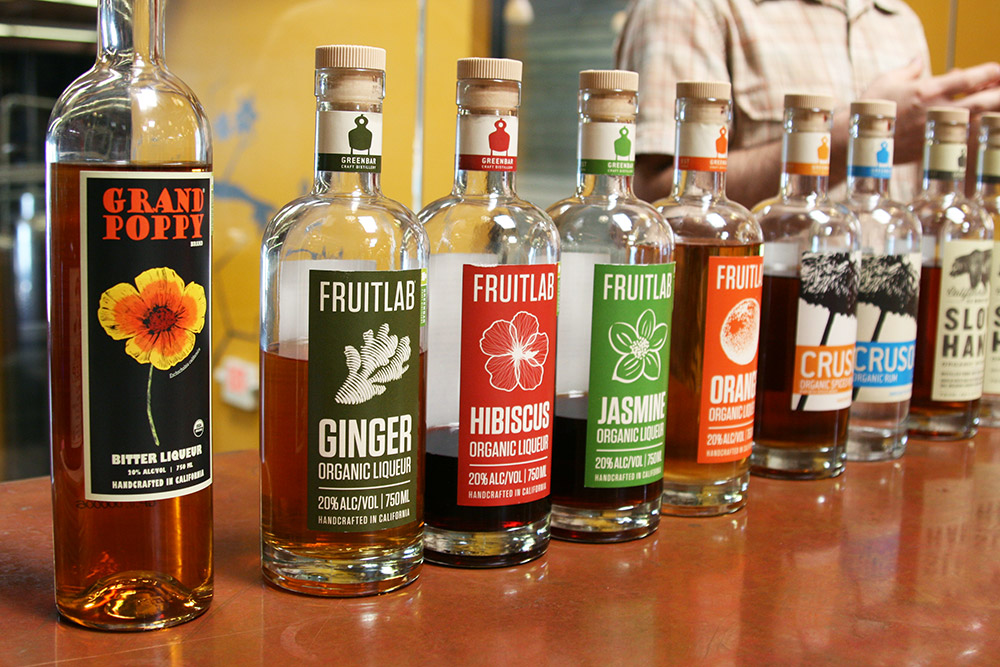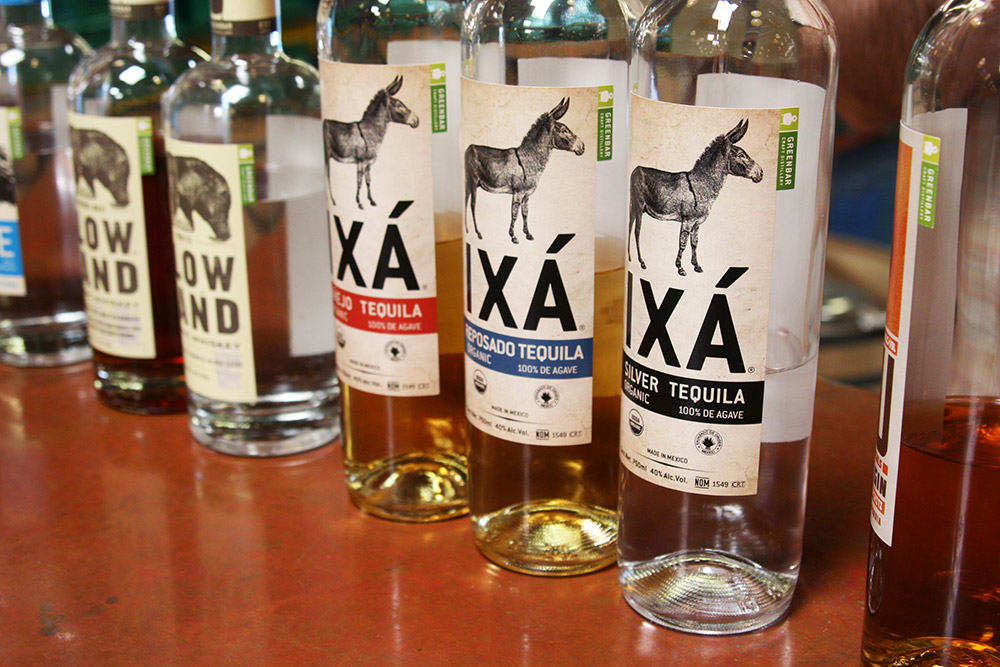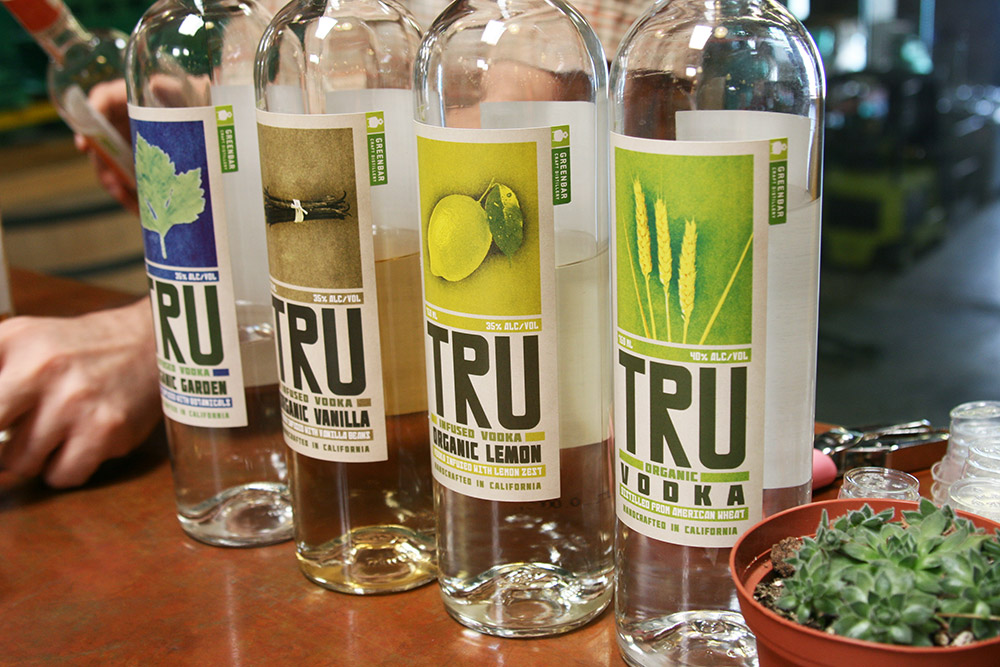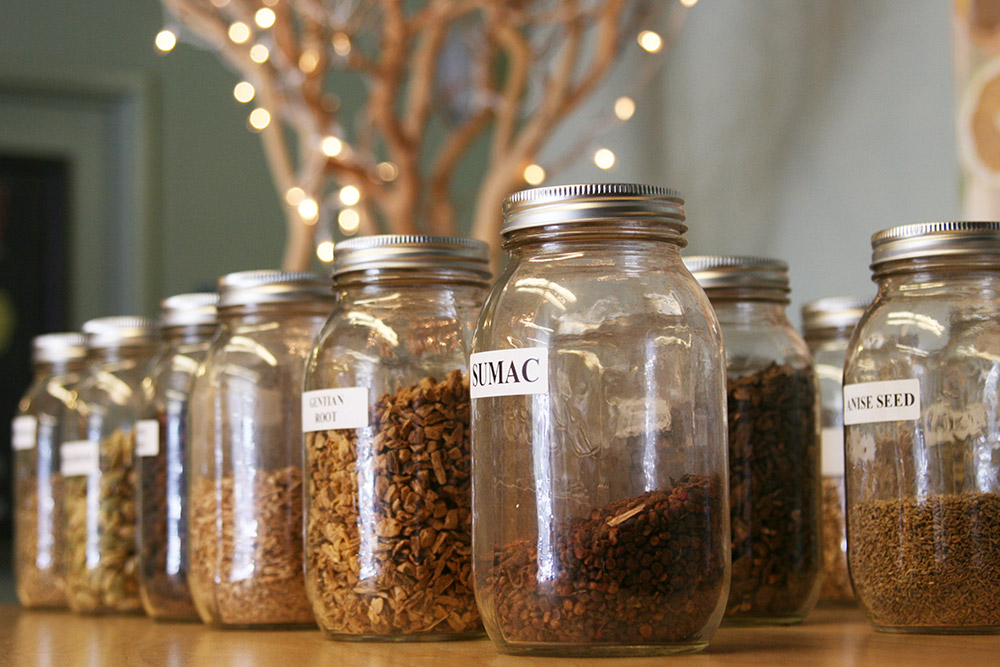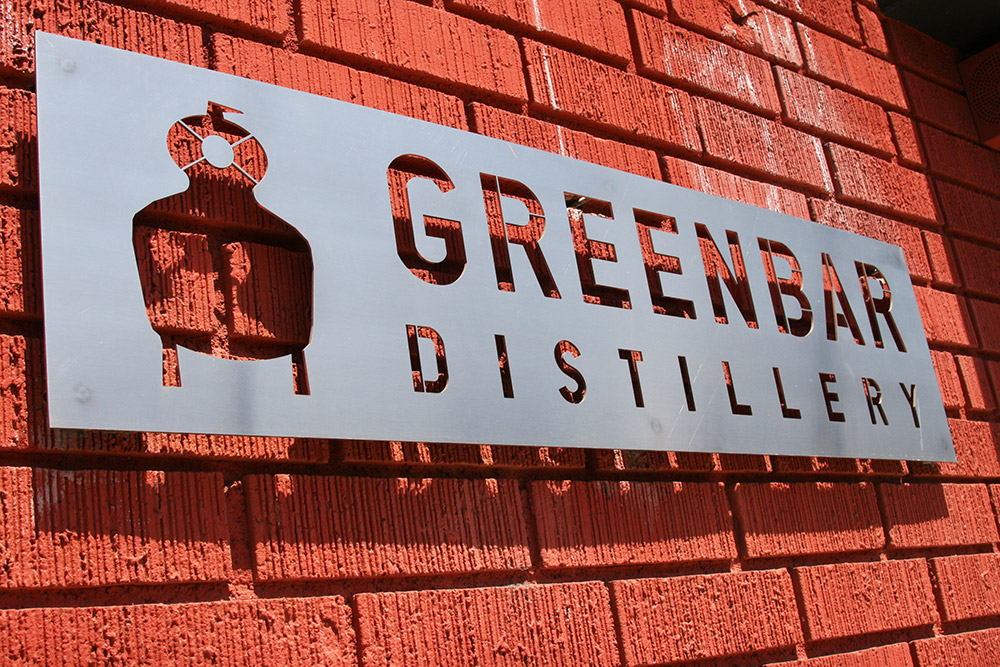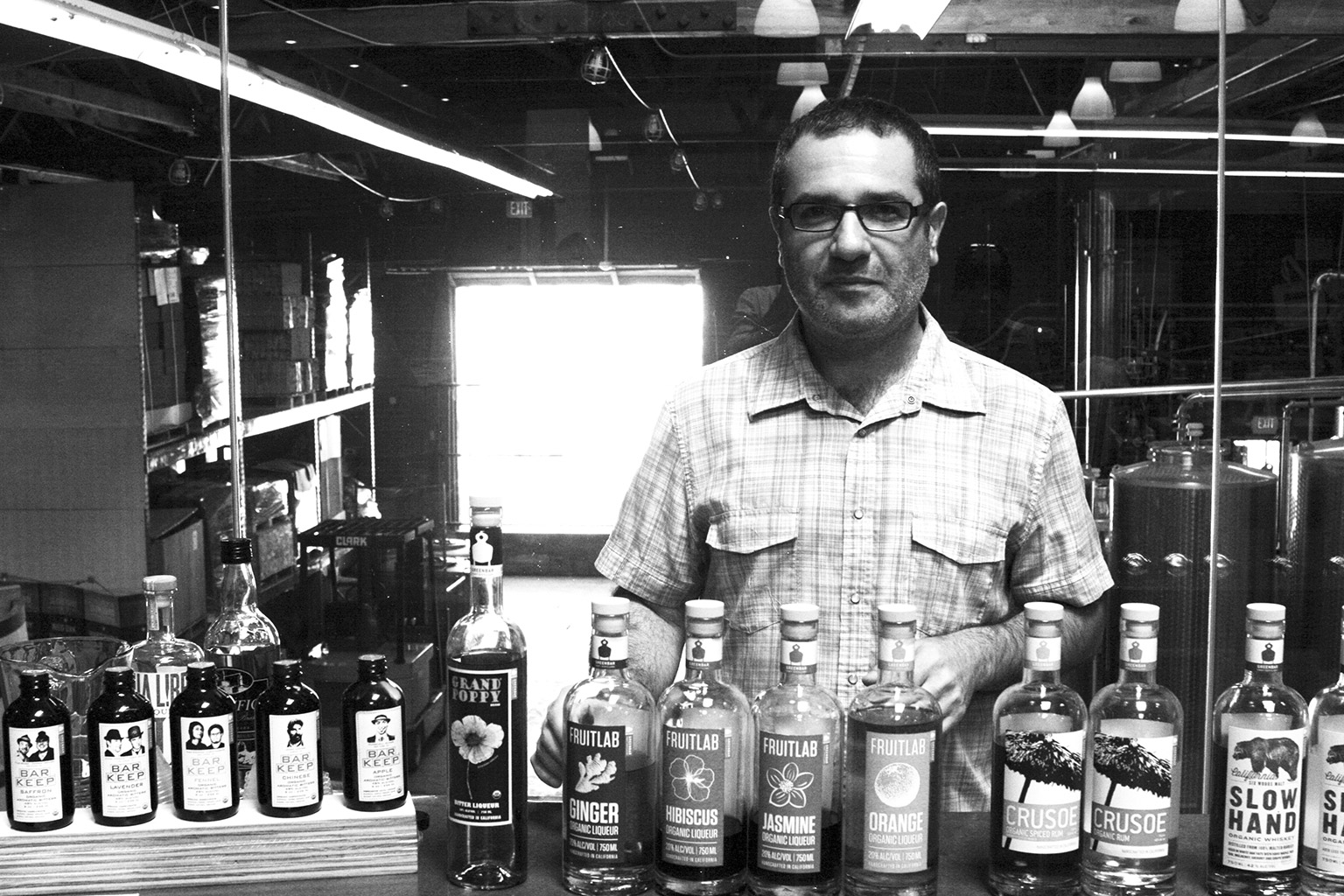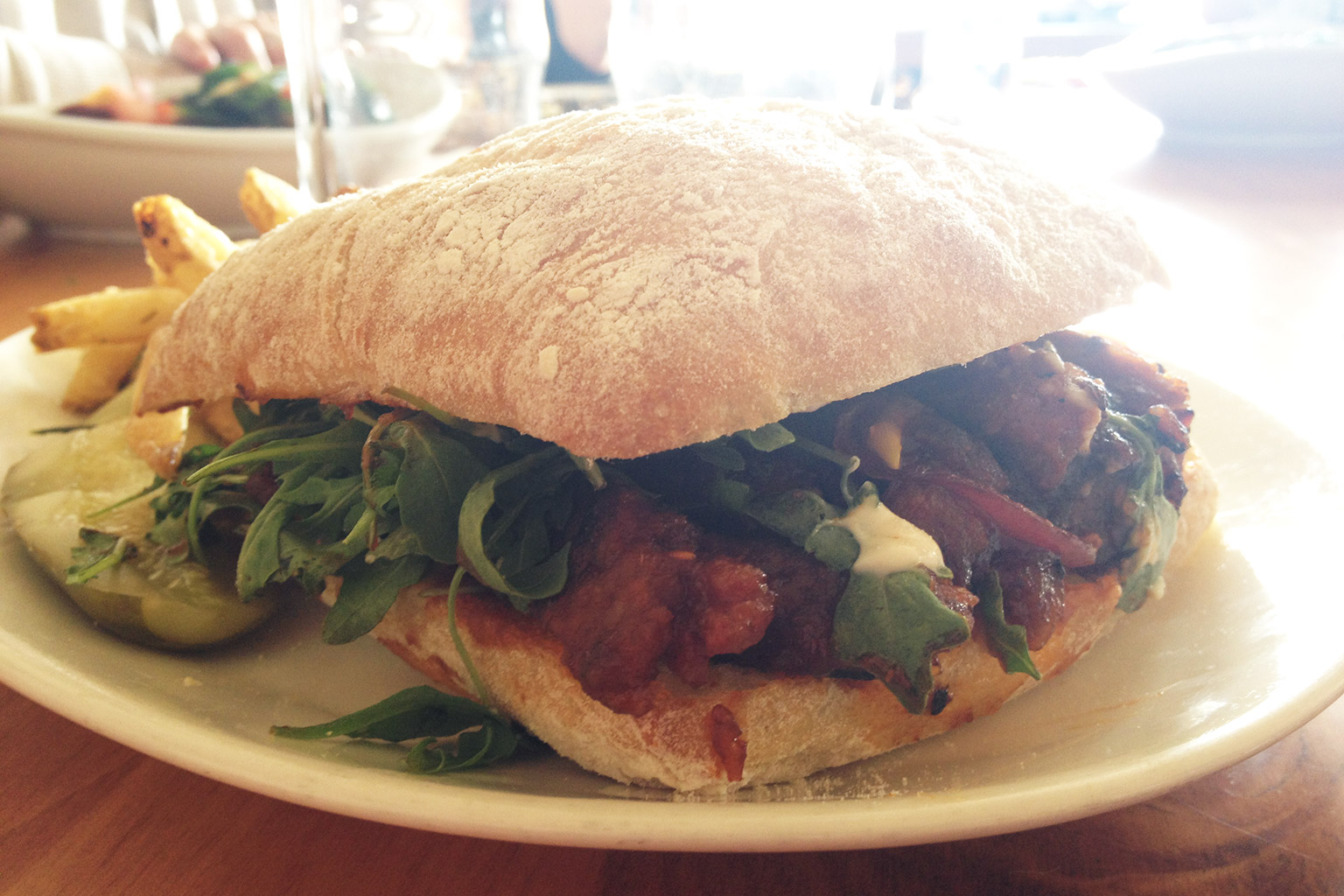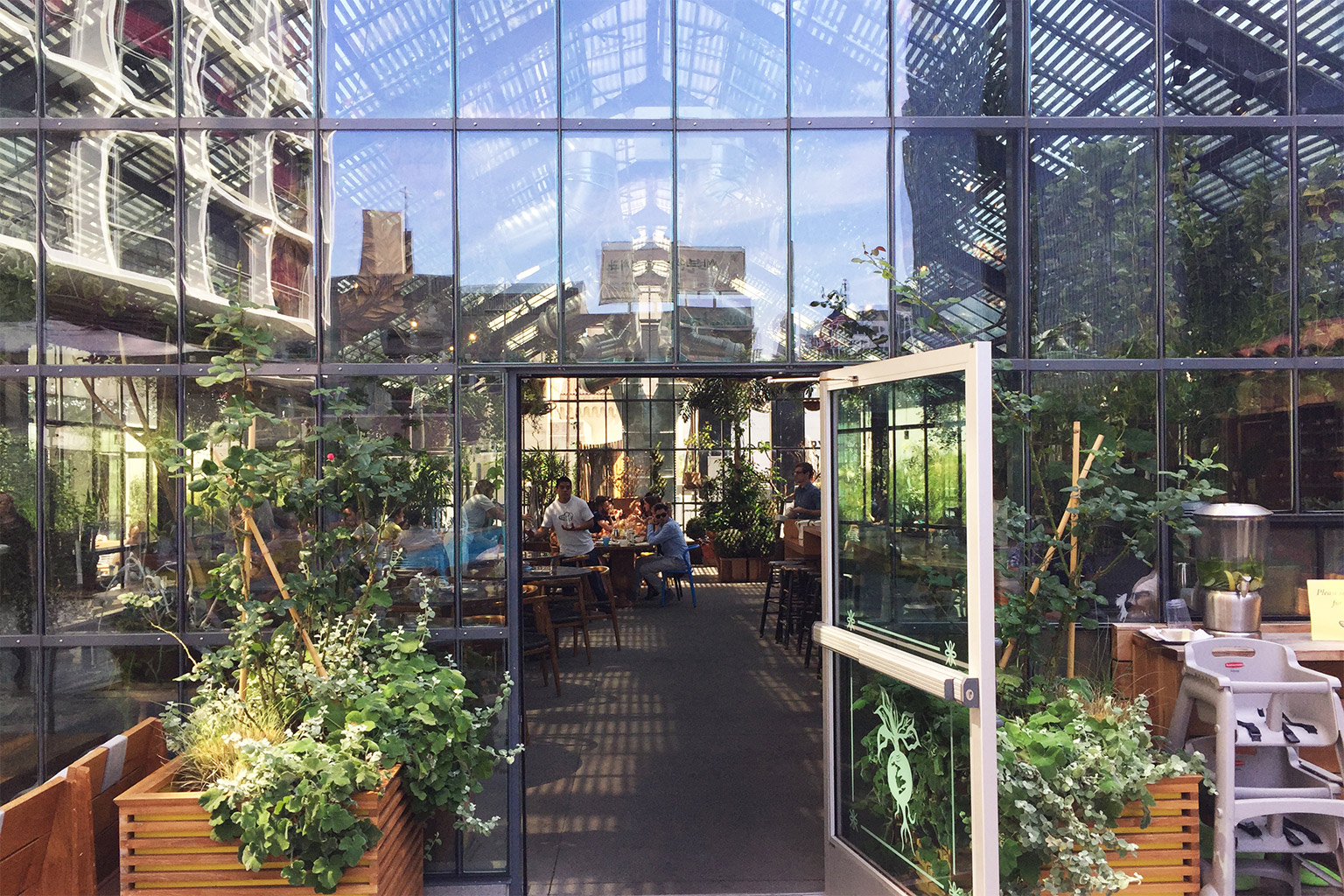I won’t lie to you—running two businesses is a lot of work. After our official opening of MooShoes Los Angeles nearly a year ago, Katie + I began to realize that more than a few people assumed that move meant we’d shuttered our design studio. Clearly that’s very much not the case. Truth be told, we’re busier now than we likely ever have been. And, whereas we’re truly lucky to be able to lean on very helpful owners back in New York and extremely capable staff both here in LA and back in NYC, acting as Creative Directors for MooShoes can be overwhelming sometimes…but it’s also wildly rewarding.
Case in point, a few weeks back, we held a pop-up fashion event in the store with longtime friend, Joshua Katcher, who is about to open up his very first store back in Brooklyn (you can read an interview we did with him on vegan fashion last month to find out more). As part of the event, we threw a cocktail reception in the evening and asked the Chief Cocktail Editor of award-winning Oakland vegan restaurant, Millennium—Mateo Hoke—to lend his skills from afar and contribute a couple recipes. One that he contributed involved an amaro made right here in Los Angeles—Greenbar Distillery‘s Grand Poppy Organic Aperitive. Turned out, everyone I called in town was out of the stuff. Quite a pain, right? But when I contacted the distillery directly, they got back to me right away and invited us to come by to pick a few bottles up. When Katie + I made it down, we ended up meeting Melkon Khosrovian (pictured above), who, with his wife, owns the distillery and was kind enough to give us a private tour of their operations.
As Khosrovian told us, his family is Armenian, and family dinners customarily involve vodka shots. Khosrovian’s then girlfriend, now wife, Litty Mathew, was not a fan of the harsh taste though and, once engaged, he started infusing vodkas with natural flavors to soften the taste and allow Mathew to participate in his family’s tradition. Soon after, Mathew—who happens to be a trained chef herself—started collaborating on the process and friends and family caught on, asking for more than the occasional holiday gift of infused creations. Eventually, the hobby turned into a business, with Khosrovian + Mathew opening their doors in 2004.
As the write on their Web site:
“Soon, their unique spirits won many awards. But Melkon and Litty couldn’t take all the credit. They learned their successes also hinged on some silent partners — the farmers who grew their ingredients. Several had moved to organic farming, resulting in more aromatic, flavorful produce…which led to more flavorful, aromatic spirits.
Their minds were made. ORGANICS HELD THE KEY TO BETTER TASTING SPIRITS. Today, Greenbar Craft Distillery produces and distributes the world’s biggest portfolio of organic spirits—all made by hand with real ingredients.”
In addition to championing the value of local, organic ingredients, Greenbar plants a tree for every bottle of spirits they sell, and, by my math, they’re doing pretty well—they’ve plated more than 451,000 trees to date. As Khosrovian told us, producing such a wide range of products—from vodka to gin to tequilas and whiskeys and rums—is rare for such small operations, but they’ve pushed the boundaries of technology in their field, working to develop a cutting edge continuous column still (pictured to the right) to allow a streamlined processing of multiple forms of liquor.
As Melkon told us, the driving force to push the business to grow and be the best it could be has always been their appreciation of fine tastes and quality ingredients—they know what they want and, with their out-of-the-industry backgrounds, often come up with equally out-of-the-box solutions to problems that result in innovation. For instance, he explained that they looked to California wine-makers to develop a new way of distilling their rum, first fermenting molasses in temperature-controlled tanks with white wine yeast, allowing for an extended fermentation that—along with the traditional double distillation that follows—makes for a richer and more refined rum. They then follow the distillation with micro oxygenation—a technique California wine-makers to mellow out their tannic reds—as opposed to the traditional Caribbean practice of barrel-aging and charcoal filtering, which, he said, strips out most of rum’s flavor.
In a similar vein, Melkon told us that the flavor profile for the Grand Poppy—which we were on a crusade to find that day—was inspired by hikes he + Litty took through Griffith Park and all of the native botanicals that fill the air there.
We’ll share the recipes Mateo passed on to us tomorrow; they were both huge hits, by the way. In the meantime, we recommend stopping by the distillery for a tour or tasting (times + info on both on Greenbar’s site). You can also search Greenbar’s extensive database of recipes for some fun new ideas.
Below, Melkon + Katie discussing the distillation process next to their whiskey casks; Melkon showing us the browned and uncooked wood planks they use in “giant tea bags” to flavor their whiskeys; their original still; the Skybox tasting room; Katie, showing off our winnings; some of Greenbar’s products; some of the natural ingredients that go into those products; and the Greener façade.
